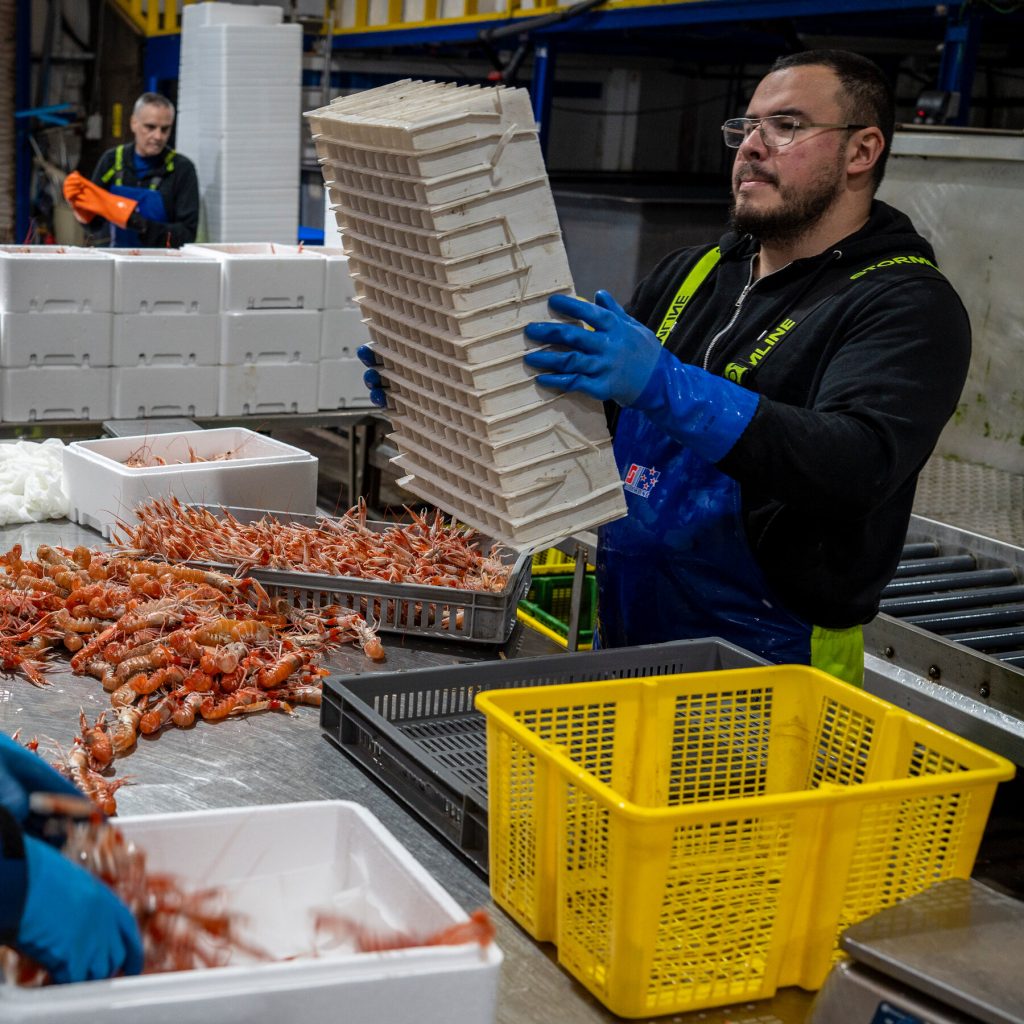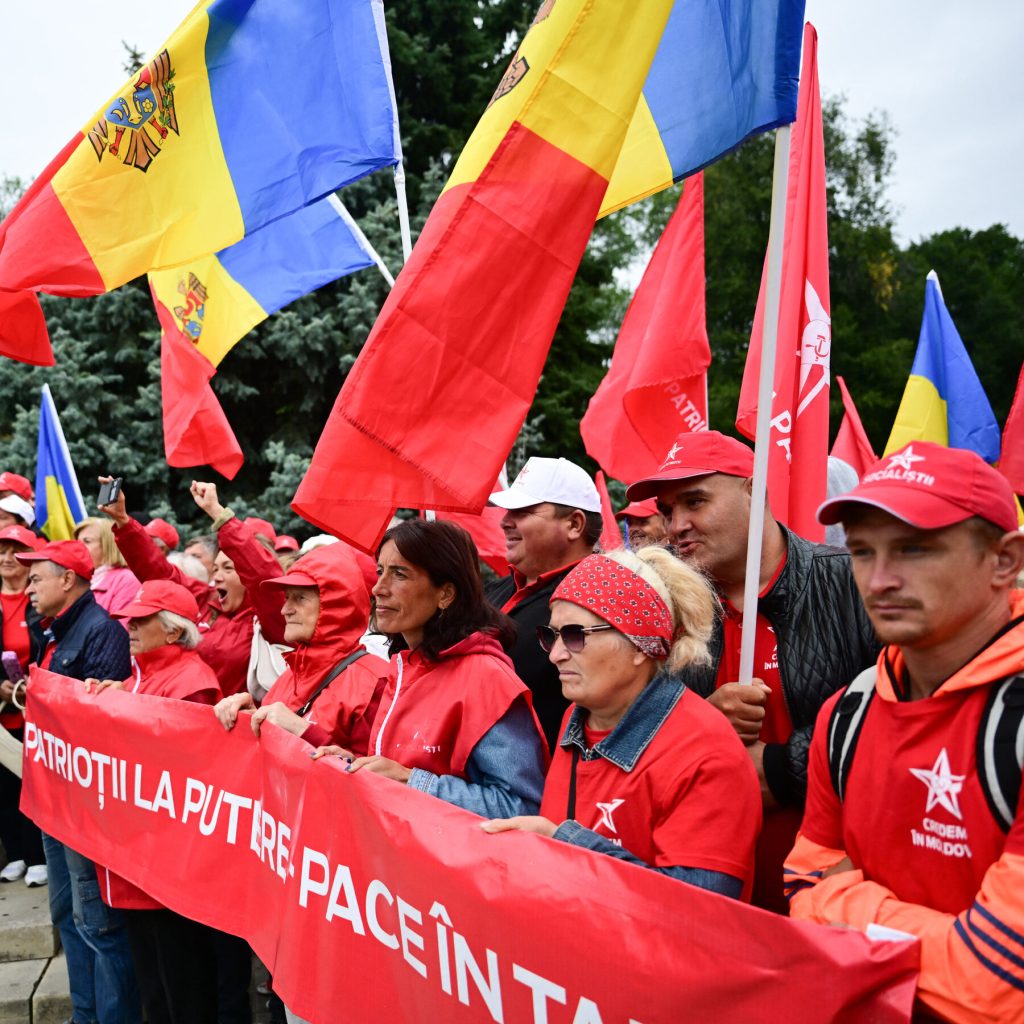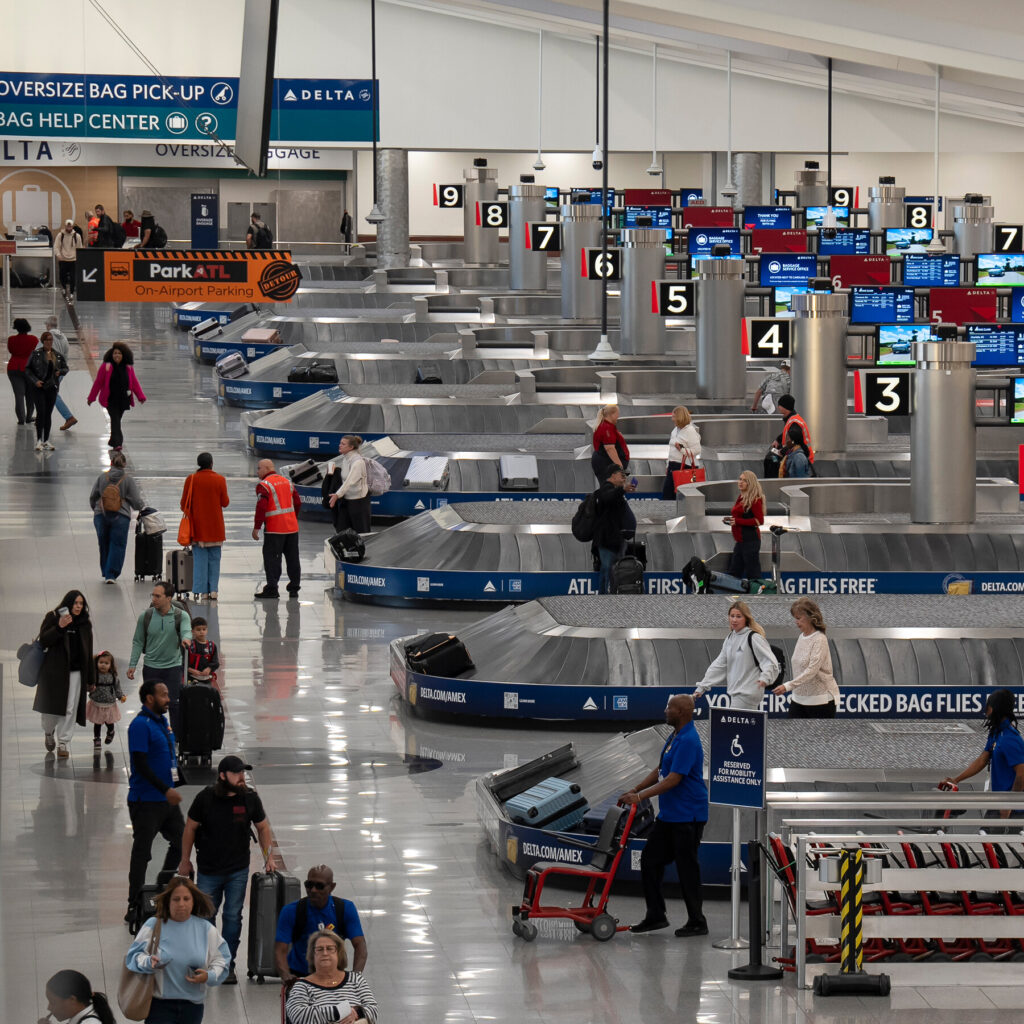Rural Scotland Defies UK’s Anti-Immigration Stance by Courting Foreign Workers

In a refreshing departure from the UK’s prevailing anti-immigration narrative, rural Scotland is taking a proactive approach to lure foreign workers to its remote areas. As the country’s population continues to decline, local communities are recognizing the pressing need to attract new talent to revitalize their dwindling workforces.
Scotland’s rural regions have long been grappling with the challenges of an aging population and a brain drain of young people leaving to seek opportunities in urban centers. However, instead of following the UK government’s lead in tightening immigration controls, rural Scotland is embracing a more inclusive strategy. By welcoming foreign workers, local businesses and communities aim to inject new life into their economies and preserve essential services.
The strategy is driven by pragmatism, as rural areas face acute labor shortages in key sectors such as healthcare, agriculture, and tourism. With an aging population and limited local talent pools, rural Scotland requires an influx of skilled and unskilled workers to sustain vital industries. Moreover, by engaging with international migrants, local communities hope to foster cultural exchange, promote social cohesion, and create thriving, diverse environments.
While the UK government has been imposing stricter immigration rules, Scotland’s rural leaders are pushing for more flexibility in the system to accommodate their unique needs. They argue that a one-size-fits-all approach to immigration policy neglects the distinct challenges faced by remote and rural areas. In response, some local authorities in Scotland are exploring innovative solutions, such as offering relocation packages and providing support for foreign workers to settle in their new communities.
As the debate on immigration continues to polarize British politics, rural Scotland’s bold move to attract foreign workers serves as a beacon of hope for a more nuanced approach. By championing the benefits of immigration and diversity, Scotland’s rural areas are poised to breathe new life into their communities, challenge conventional wisdom, and create a more sustainable future.




